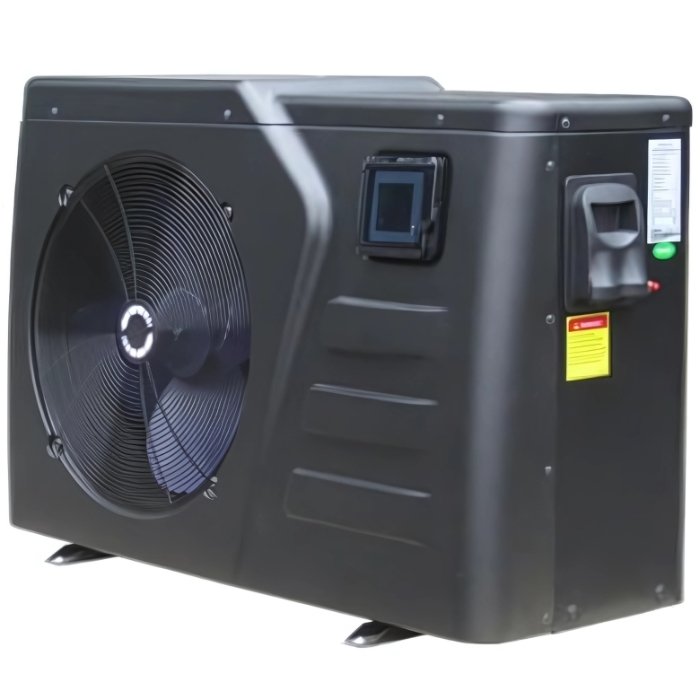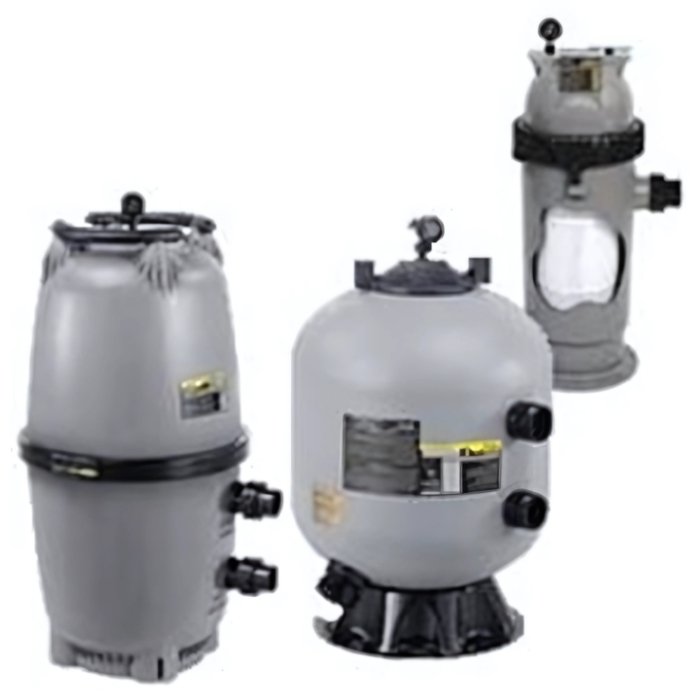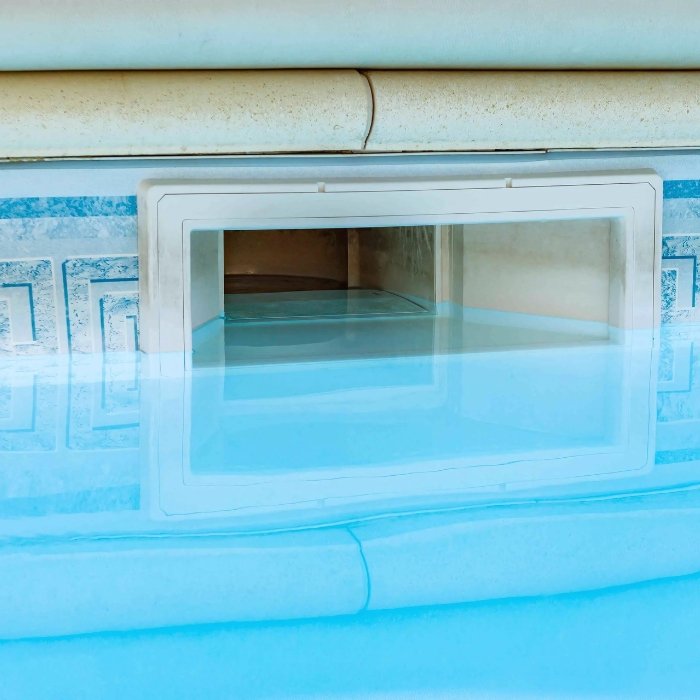- Home
- About Us
- Expertise
- Our Products
-
- Pool Equipments
- Fountain Nozzles
- Fountain Lights
- Irrigation Equipments
- Pop Up Spray Head
- Spray Nozzles
- Mp Rotator & Rotary Nozzles
- Pop Gear Driven Rotor
- Pop Up Impact Rotor
- Rain Gun Impact Sprinkler
- Micro Sprinkler
- Dripline & Drippers
- Quick Coupling Valve
- Solenoid Valves
- Irrigation Controller
- Irrigation Sensors
- Central Control Irrigation Softwares
- Valve Boxes
- Weather Station
- Automatic Self Cleaning Filter
- Hydro Cyclone Filter
- Media Sand Filter
- Screen Filter
- Manual Disc Filter
- Garden Machinery & Tools
- Garden Lights
-
- Blogs
- Contact Us



